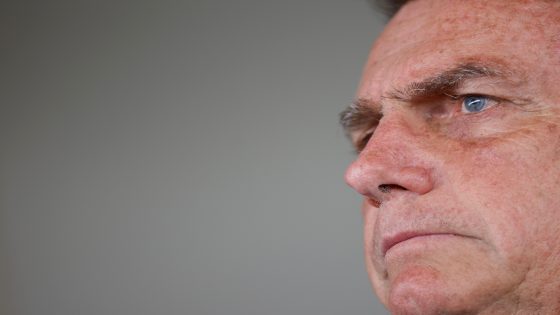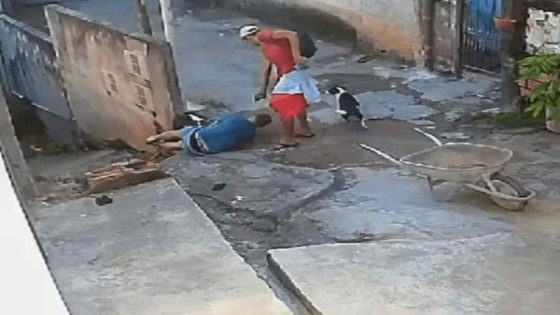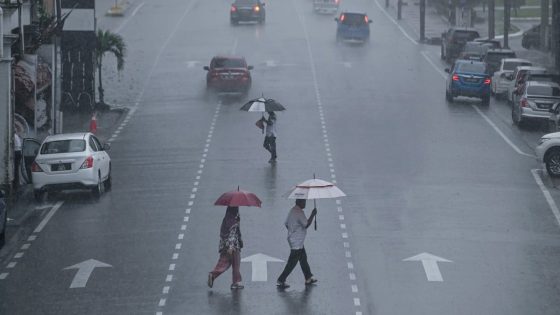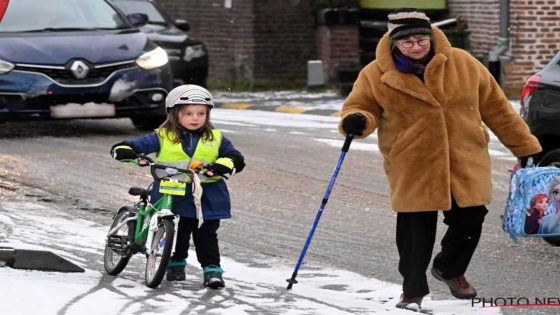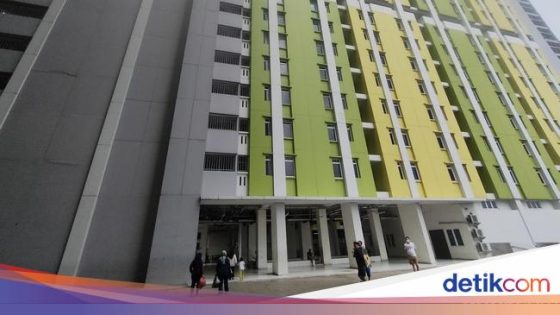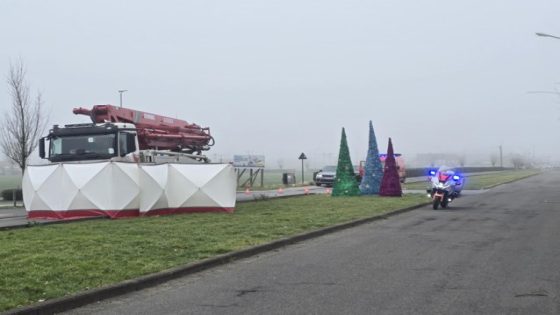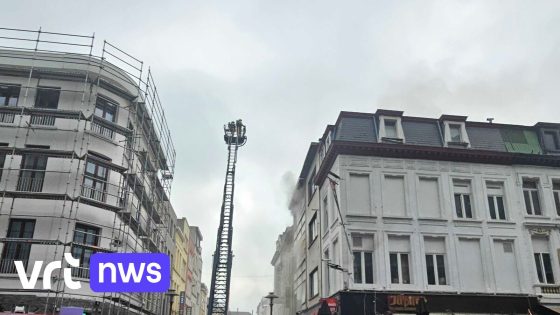The Brazilian legal landscape is heating up as the PGR has filed charges against former President Jair Bolsonaro for an alleged coup attempt. This significant development on February 19, 2025, raises questions about the future of democracy in Brazil. How will this impact Bolsonaro’s political legacy and the country’s stability?
- PGR accuses Bolsonaro of attempted coup.
- Bolsonaro linked to January 8 events.
- Military message reveals aggressive intent.
- Bolsonaro identified as coup plot leader.
- Mauro Cid's plea deal discussed.
- 34 individuals charged for democratic violations.
Former President Bolsonaro Faces Serious Charges Related to Coup Attempt
What does this mean for Brazil’s democracy? The PGR’s allegations against Bolsonaro are serious, suggesting he was a key figure in planning a coup. With Mauro Cid and Braga Netto also implicated, the Brazilian political scene is under scrutiny. Will this lead to further unrest or a push for accountability?
Implications of the Coup Charges on Brazil’s Political Landscape
The charges against Bolsonaro could have far-reaching consequences. As Brazil grapples with its political future, the implications for governance and civil rights are significant. Key points include:
- Potential for increased political unrest and protests.
- Impact on Brazil’s international relations, particularly with the U.S.
- Concerns about the integrity of democratic institutions.
- Possible legal repercussions for other political figures involved.
Understanding the Allegations Against Bolsonaro and His Associates
The PGR’s accusations detail how Bolsonaro allegedly led a group plotting to undermine Brazil’s democratic framework. This coalition reportedly included military personnel and political allies, raising alarms about the militarization of politics in Brazil. What does this mean for the future of civilian governance?
The Broader Context of Political Turmoil in Brazil
This incident is not isolated; it reflects a broader trend of political instability in Brazil. The country has faced numerous challenges, including economic crises and social unrest. How will these charges affect public trust in government institutions and the electoral process?



